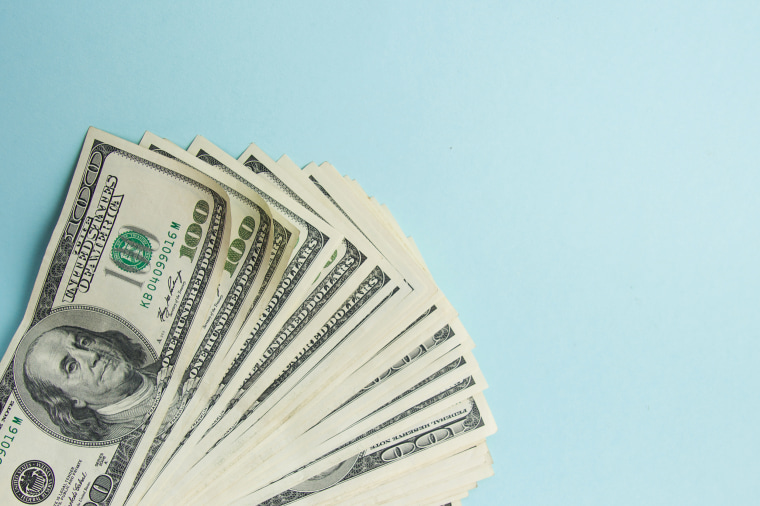Earlier this week, uncertainty caused by the coronavirus outbreak prompted the Federal Reserve to cut interest rates to near zero. But what does this actually mean for your wallet? How will it affect your retirement and banking accounts, credit cards and mortgage rates? Here’s what you need to know.
How stock market swings will impact your investments and retirement savings
Big drops on Wall Street will mean a smaller balance in your 401(k) or personal investments for now, but historically, the market always comes back up. To assuage your fears, calculate your time horizon — figure out when you’re going to need that money.
If your retirement is ten or more years away, now is a good time to check in on how your retirement accounts are invested. Use a target-date fund to adjust your risk tolerance automatically over time. For personal investments, make sure your portfolio is diversified. You should have a mix of stocks and bonds so your life savings aren’t tied to one market.
If your time horizon is sooner rather than later, consider moving your savings to a lower-risk investment like a CD account, which will offer a locked-in interest rate for a fixed length of time.
How rate cuts will affect your savings and credit accounts
The Fed’s interest rate cut means that banks and other lenders will lower interest rates to entice borrowers and jump-start spending. If you earn interest from a savings account, this cut might affect how much you’re making back, but don’t move your money yet. A high-yield savings account is likely the best place to keep your cash savings, even in a rate dip.
For the millions of Americans who are paying down credit cards, interest rates on your debt will be lower soon. According to Kimberly Palmer, NerdWallet's credit card and personal finance expert, that’s a good thing for anyone carrying a balance. “That [credit card] debt will become slightly cheaper,” she says. Your rate should change automatically in one or two billing cycles.
Should you take advantage of lower interest rates to refinance your mortgage?
Lower rates mean that you can borrow money and accrue less interest on a big loan. But with all of this volatility, is now the best time to refinance? Mortgage refinancing comes at a cost — usually between two and four percent of your loan. It’s all about figuring out what’s right for you.
“We have seen that rates are fluctuating wildly, and not in the ways that you expect. Now, rates are higher than they were a few weeks ago, and it might make sense to wait and see a little bit,” Palmer says. She recommends using an online calculator to figure out if your savings will be worth the cost of refinancing. A good rule of thumb is to look for a three-quarters of a percentage point rate reduction before refinancing, Palmer advises.
MORE FROM BETTER
- A guide to buying your first home
- How the '50/50 path' helped one couple pay off their mortgage in four years
- Need to boost your credit score for a better mortgage rate? Here's how one woman did it.
Want more tips like these? NBC News BETTER is obsessed with finding easier, healthier and smarter ways to live. Sign up for our newsletter and follow us on Facebook, Twitter and Instagram.


